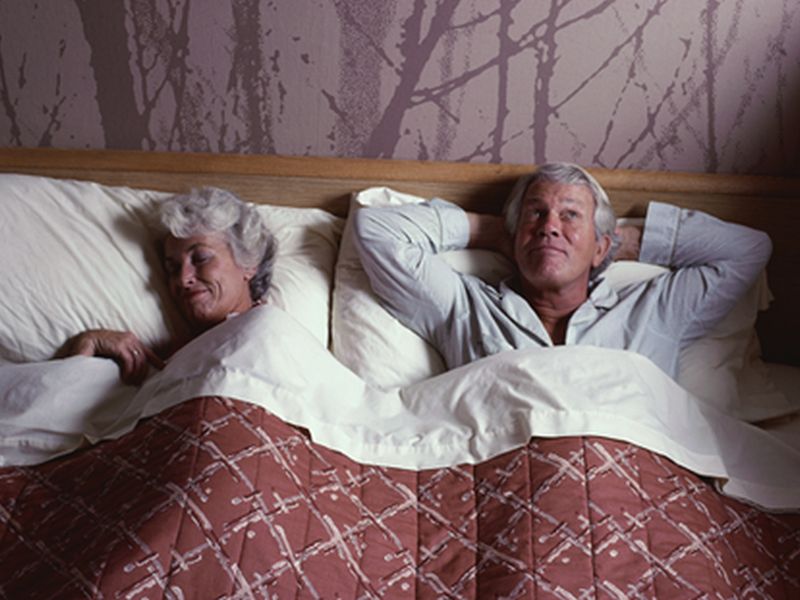WEDNEDAY, Aug. 30, 2017 (HealthDay News) — There’s no shortage of jokes about people who snore, but the serious snoring of sleep apnea is no laughing matter.
Sleep apnea is a common condition in which you temporarily stop breathing while you sleep, sometimes as often as every other minute, according to the U.S. National Heart, Lung, and Blood Institute.
Even though breathing resumes, sleep apnea causes a host of problems, from a lack of deep sleep to high blood pressure and heart disease to accidents stemming from fatigue during waking hours. In fact, after loud snoring, daytime sleepiness is the second sleep apnea warning sign.
Know the signs of sleep apnea:
- Loud snoring and then gasping when breathing resumes.
- Overwhelming daytime fatigue.
- Morning headaches and a dry mouth.
- Difficulty concentrating.
- Irritability and mood swings.
In mild cases of sleep apnea, making some lifestyle changes may help keep your throat open while you sleep.
Lifestyle changes to ease mild sleep apnea:
- Limit alcohol and avoid “nighttime” medication formulas.
- Lose weight if you’re overweight.
- Sleep on your left side instead of your back.
- Ask your doctor about a nasal spray or ask your dentist about a custom-made plastic mouthpiece.
- If you’re a smoker, quit right away.
In more severe cases you may need to sleep with a CPAP — or continuous positive airway pressure machine. It’s used with a mask that blows air into your throat to keep airways open.
If your partner complains about heavy snoring, take it seriously. If it’s sleep apnea, treatment can improve your health as well as the quality of sleep for both of you.
More information
Learn more about living with sleep apnea from the U.S. National Heart, Lung, and Blood Institute.
Copyright © 2025 HealthDay. All rights reserved.

